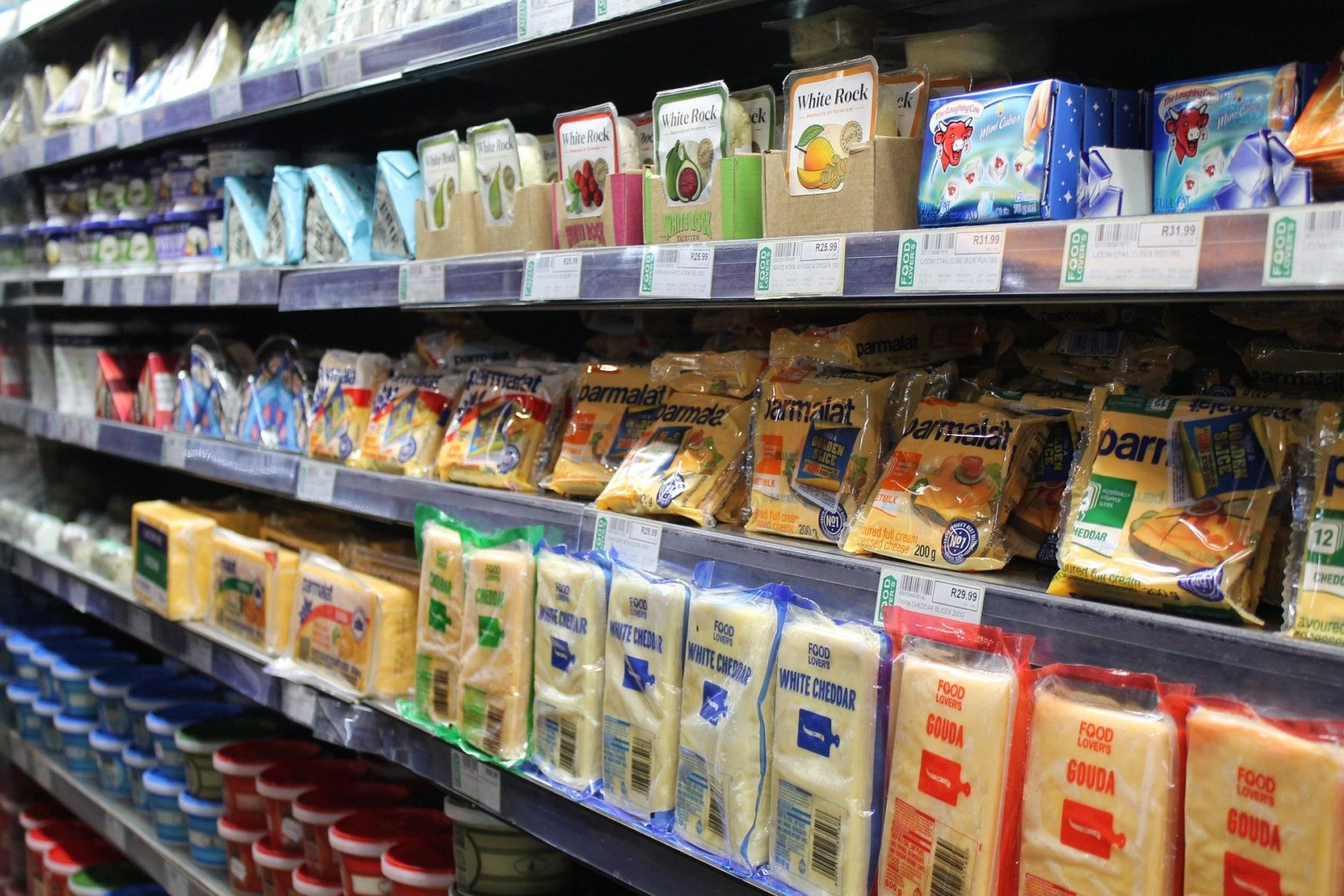Processed foods are foods that have been transformed using a set of methods and techniques prior to consumption. The debate about processed foods is a controversial one that has lasted for years, with many arguing for or against it. Is it okay to consume processed foods? Here are the pros and cons you should know.
Pros
· Fortification
Many processed foods are usually fortified with nutrients that can be especially helpful to those who cannot take certain things, as in the case of vegetarians.
· Longevity
Fresh foods are susceptible to spoilage, and this could lead to food insecurity. One of the major benefits of food processing is that it helps to preserve foods for a very long time. In other words, processed foods are easy to get as they are available in all seasons and at all stores.
· Ready-made
Processed foods are a great choice for people who lead busy lives since they have no time to cook or just don’t know how to do it. It can help them stay focused and productive all day with little worries.
· Safety
Processing confers health benefits as it makes our food safe to eat. For example, pasteurization of milk helps to eliminate harmful bacteria that may be lurking in the raw product.
Cons
· Loss of nutrients
In a bid to improve the taste, appearance, and shelf life, certain nutrients that are crucial to our health are deliberately removed from processed foods.
· Salt and sugar
Many processed foods have extra salt or sugar to modify their flavor, and this could cause problems in the body when consumed in large amounts.
· Taste
In exchange for having a long shelf life, the taste of processed foods is usually inferior to fresh foods. In some instances, they practically disappear.
· Fats
Foods that have undergone processing often contain fats that are very bad for you, which can cause heart problems and increase cholesterol.
Processed foods offer a few benefits, but the downsides are numerous. To be on the safer side, it’s always best to limit the consumption of such foods.
